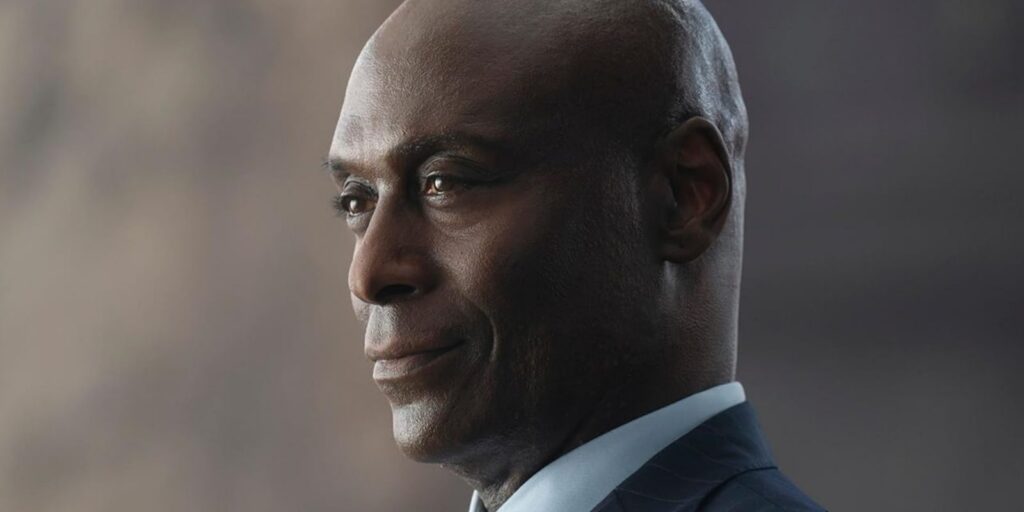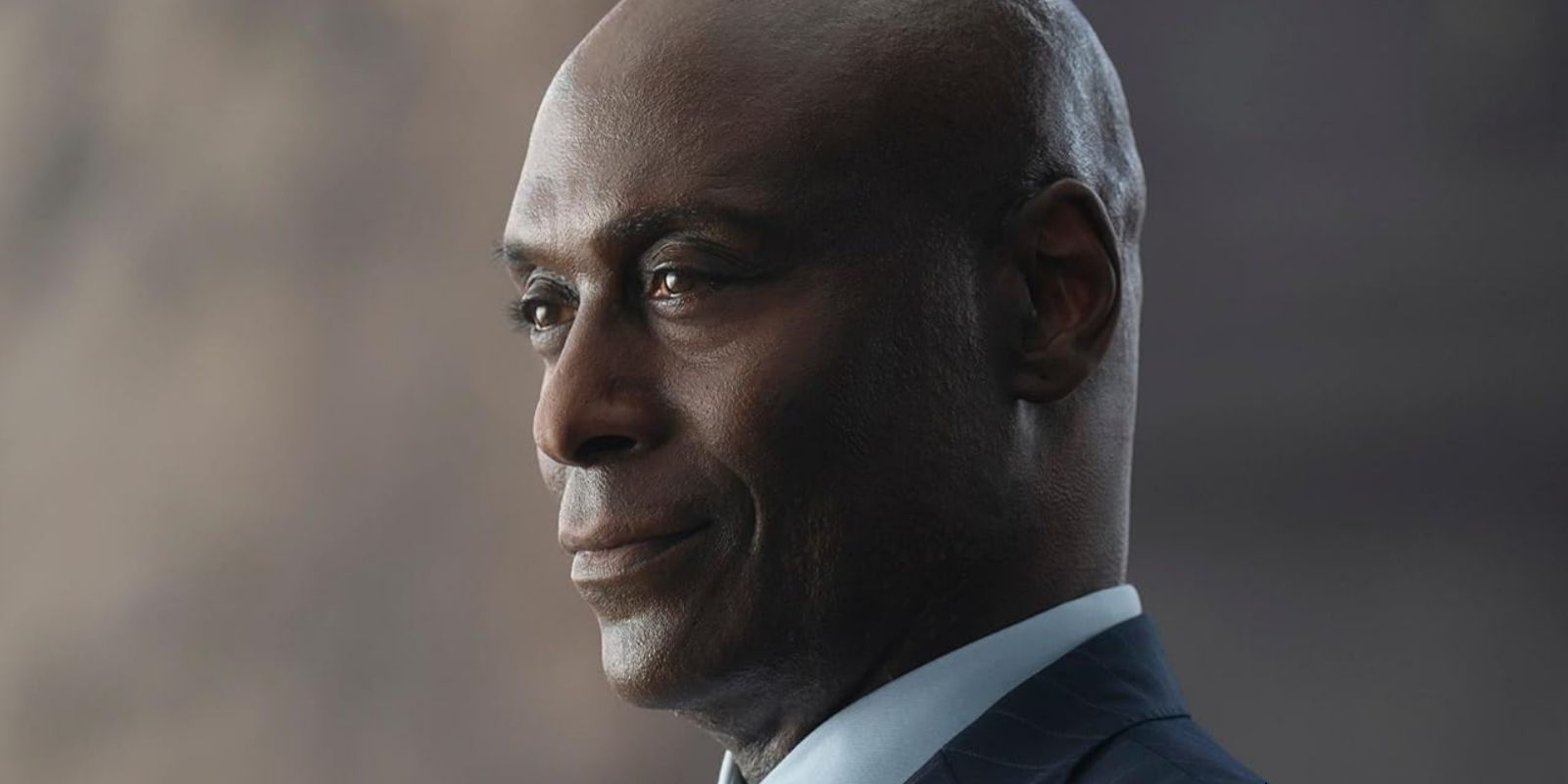
Percy Jackson: Exploring the Complex Relationship Between Zeus and His Son
The Percy Jackson series, penned by Rick Riordan, has captivated readers of all ages with its thrilling blend of Greek mythology and modern-day adventure. At the heart of the story lies Percy Jackson, the demigod son of Poseidon, and the overarching presence of Zeus, the King of the Gods. Their relationship, while not a direct father-son dynamic, significantly impacts Percy’s journey and the conflicts he faces. This article will delve into the intricacies of their connection, examining Zeus’s role in Percy’s life, the challenges Percy encounters due to his parentage, and the broader themes of family, responsibility, and destiny explored within the series.
The Olympian Hierarchy and Percy’s Place Within It
To understand the relationship between Percy Jackson and Zeus, it’s crucial to grasp the Olympian hierarchy. Zeus, the king, holds immense power and authority over all gods and mortals. His decisions shape the course of events, and his laws, often born from a desire to maintain order, govern the supernatural world. Poseidon, Percy Jackson’s father, is one of the ‘Big Three’ gods alongside Zeus and Hades. They swore a pact after World War II not to have any more demigod children, as their offspring were too powerful and often caused chaos. Zeus, as the leader, was especially invested in upholding this agreement.
Percy Jackson’s very existence is a violation of this oath, making him a target of Zeus’s displeasure. Zeus initially suspects Percy Jackson of stealing his master bolt, the symbol of his power. This accusation sets off the events of the first book, *The Lightning Thief*, and immediately establishes a strained relationship between Percy Jackson and the king of the gods.
Zeus’s Influence on Percy’s Journey
Throughout the series, Zeus’s influence, both direct and indirect, is palpable. His decisions, often driven by a need to maintain control and prevent another devastating war like the one with the Titans, frequently put Percy Jackson in difficult positions. The lightning thief accusation, for instance, forces Percy Jackson to embark on a perilous quest to prove his innocence and prevent a war between Zeus and Poseidon. This quest is not merely a physical journey but also a test of Percy Jackson’s character and his ability to navigate the complex world of the gods.
Even when Zeus isn’t directly involved, his presence looms large. The other gods, mindful of his power, often act in ways that reflect his desires or fears. This creates a ripple effect, influencing the challenges Percy Jackson faces and the alliances he forms. The knowledge that Zeus could intervene at any moment adds a layer of tension to every encounter, forcing Percy Jackson to constantly consider the potential consequences of his actions.
Percy Jackson: A Pawn in a Divine Game?
One could argue that Percy Jackson is, in some ways, a pawn in a divine game orchestrated by the gods, particularly Zeus. His birth, a violation of the oath, throws the delicate balance of power into disarray. Zeus, determined to maintain control, uses Percy Jackson’s existence as a justification for stricter rules and greater vigilance. This raises questions about free will and destiny. Is Percy Jackson simply fulfilling a predetermined role, or does he have the agency to shape his own fate?
The series suggests that while the gods may have their own agendas, Percy Jackson ultimately has the power to choose his own path. He repeatedly defies expectations, challenges authority, and makes decisions that prioritize loyalty and justice over obedience. This defiance, while often incurring the wrath of Zeus, ultimately proves to be his greatest strength. He demonstrates that even a demigod born from a broken oath can forge his own destiny.
The Shifting Dynamics: From Accusation to Reluctant Respect
As the series progresses, the relationship between Percy Jackson and Zeus undergoes a subtle but significant shift. Initially, Zeus views Percy Jackson with suspicion and distrust, seeing him as a potential threat to his authority. However, Percy Jackson’s actions throughout the series gradually earn him Zeus’s grudging respect. He witnesses Percy Jackson’s bravery, his unwavering loyalty to his friends, and his willingness to sacrifice himself for the greater good.
While Zeus never fully embraces Percy Jackson as a son figure, he begins to recognize his value as an ally. In *The Last Olympian*, Percy Jackson’s heroic defense of Olympus against the Titan army plays a crucial role in securing victory for the gods. This act of selflessness, witnessed by all the Olympians, earns Percy Jackson their admiration and solidifies his position as a hero. Even Zeus, though reluctant to admit it, is forced to acknowledge Percy Jackson’s contributions.
Themes of Family, Responsibility, and Destiny
The complex relationship between Percy Jackson and Zeus serves as a vehicle for exploring broader themes of family, responsibility, and destiny. The series challenges traditional notions of family, suggesting that bonds of loyalty and affection can be just as strong as blood ties. Percy Jackson’s relationship with Annabeth Chase, Grover Underwood, and his mother, Sally Jackson, are all examples of the power of chosen family.
The series also explores the burden of responsibility that comes with being a demigod. Percy Jackson is constantly forced to make difficult choices, knowing that his decisions will have far-reaching consequences. He learns that power comes with responsibility and that true heroism lies in using one’s abilities to protect others. The idea that Percy Jackson is the son of Poseidon also plays a role in his destiny. [See also: Understanding Poseidon’s Influence on Percy Jackson]
Finally, the series grapples with the question of destiny. Are our lives predetermined, or do we have the power to shape our own fates? Percy Jackson’s journey suggests that while we may be influenced by our parentage and circumstances, we ultimately have the agency to choose our own path. He defies expectations, challenges authority, and forges his own destiny, proving that even a demigod born from a broken oath can become a hero.
The Enduring Appeal of the Percy Jackson Series
The enduring appeal of the Percy Jackson series lies in its relatable characters, its thrilling plot, and its insightful exploration of universal themes. The relationship between Percy Jackson and Zeus, with its complexities and nuances, is a testament to the series’ depth and sophistication. It reminds us that even the most powerful figures can be flawed and that true heroism can be found in the most unexpected places. The constant struggle between Percy Jackson and Zeus is a theme that resonates with readers.
Furthermore, the series’ accessible approach to Greek mythology makes it an engaging and educational read for readers of all ages. By blending ancient myths with modern-day settings, Rick Riordan has created a world that is both familiar and fantastical, inviting readers to explore the timeless themes of courage, loyalty, and the power of friendship. Zeus’s influence on Percy Jackson is a key element of this. [See also: The Role of Greek Mythology in Percy Jackson]
In conclusion, the relationship between Percy Jackson and Zeus is a multifaceted and compelling aspect of the *Percy Jackson* series. It highlights the complexities of family, the burden of responsibility, and the power of individual choice. Through their interactions, the series explores themes of loyalty, justice, and the enduring struggle between order and chaos. While initially adversarial, their relationship evolves over time, ultimately demonstrating the potential for grudging respect and the recognition of shared goals. Percy Jackson continues to be a beloved character.

